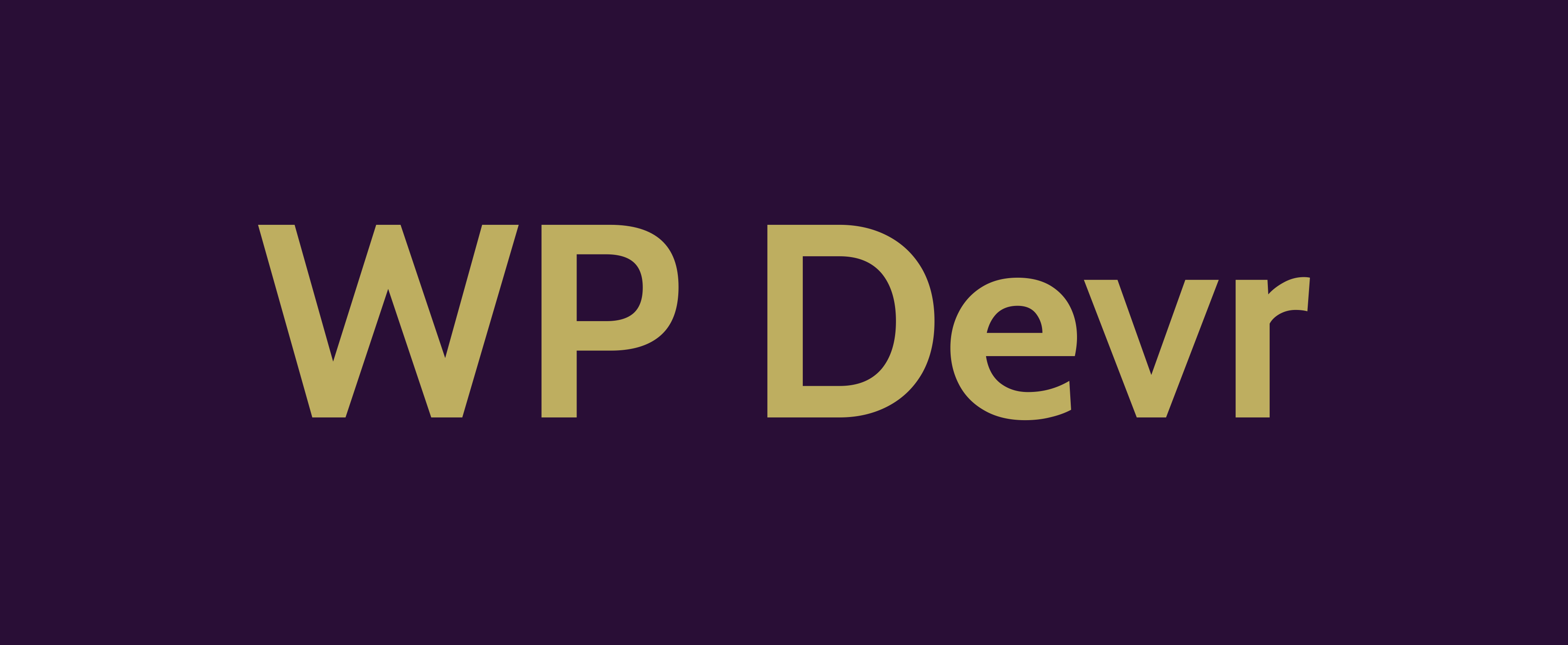Fixing ‘Undefined Function’ Errors When Using Ajax To Load WordPress Search Results
Understanding the Error The “undefined function” error in PHP and WordPress indicates that a function has been called but not defined prior to the call. Typically, this means that the file containing the function definition has not been properly included or loaded before attempting to invoke the function. Some common examples of undefined function errors…
